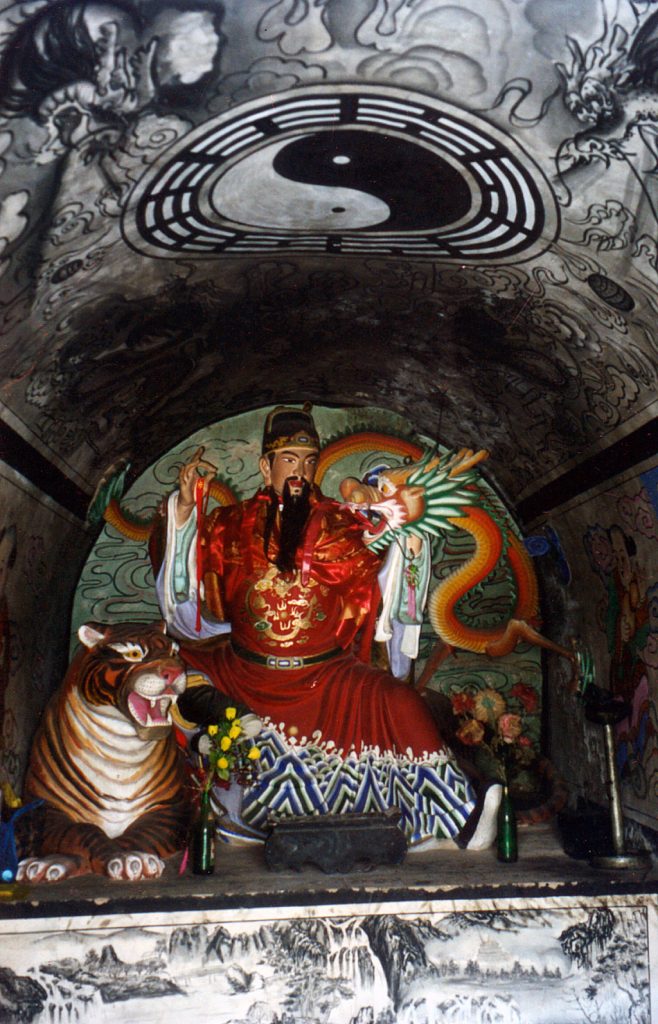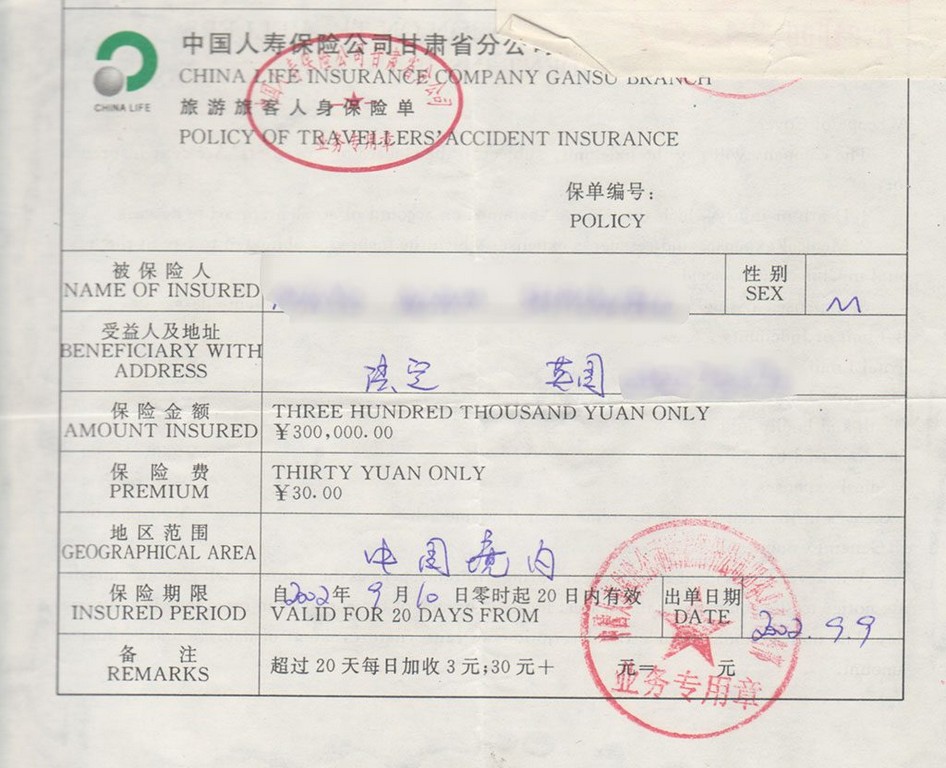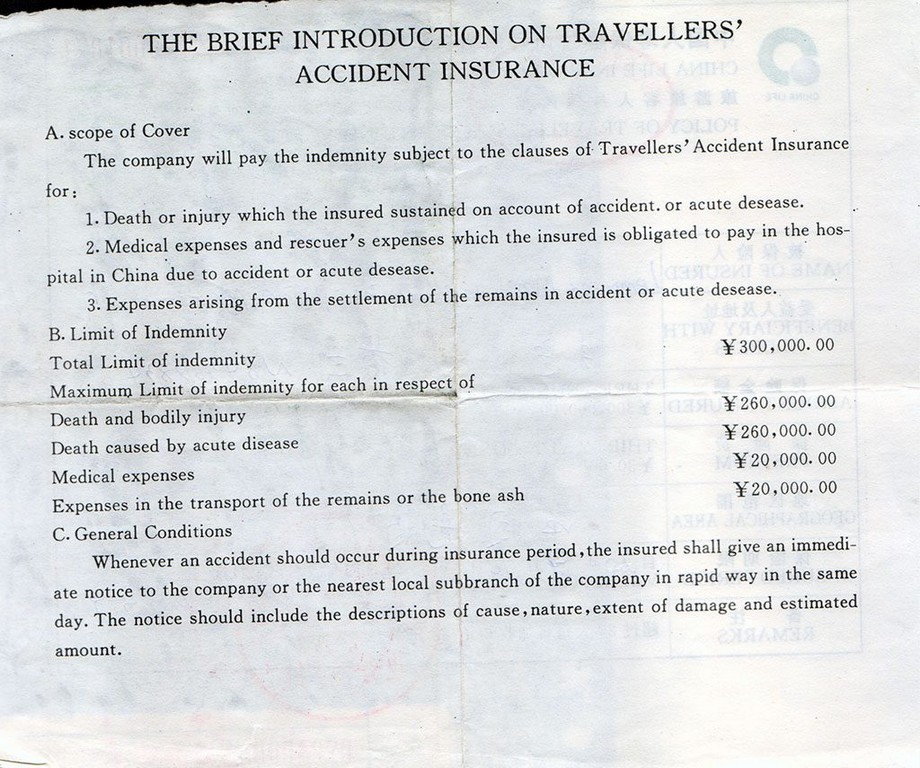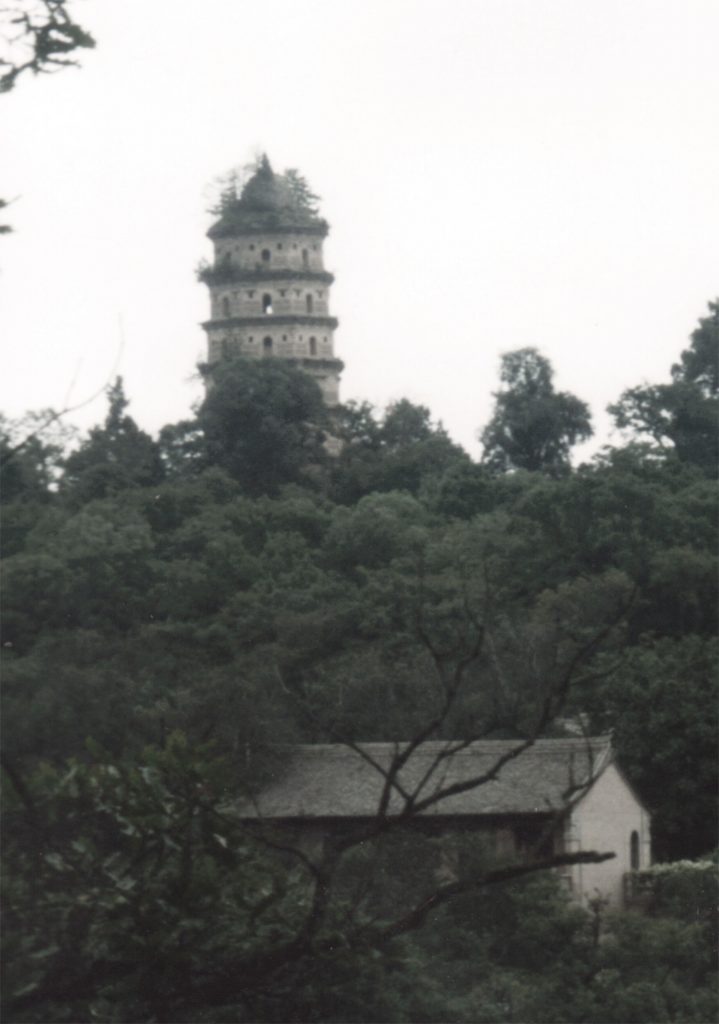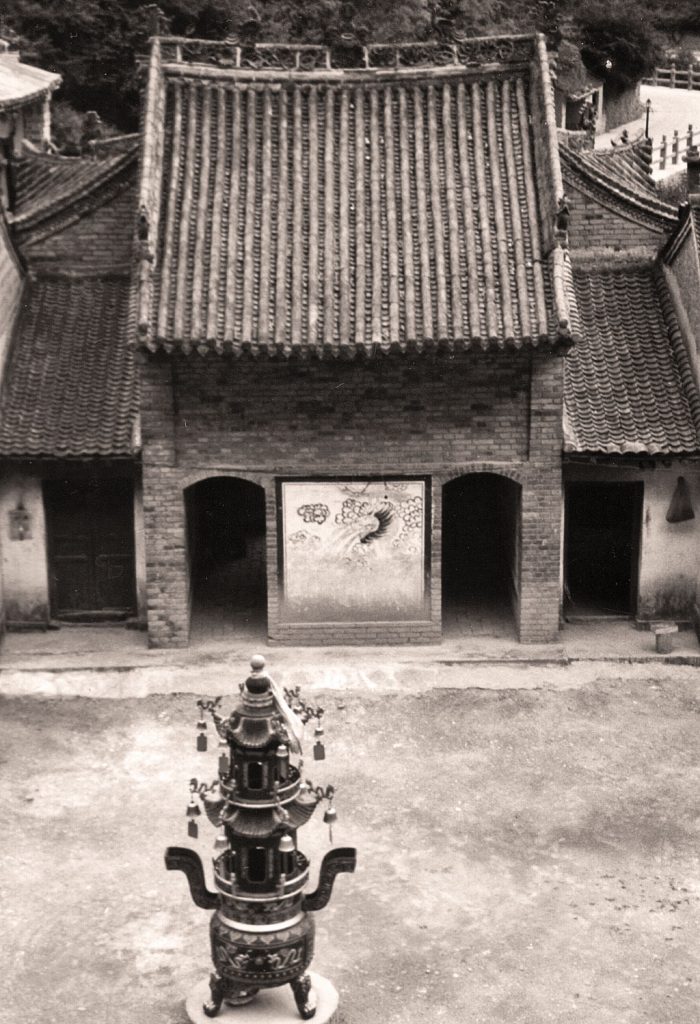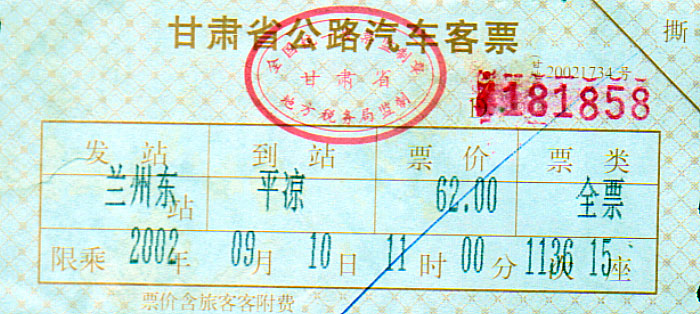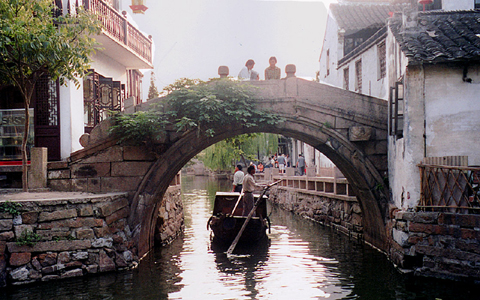Taxi Talk
If you want to get a fragment of what today’s China is thinking then speak to your taxi driver. Whether it is in Beijing, Shanghai or anyone of those forgettable towns you pass through our get stuck in on your travels in China, you’ll find, like their counterparts in New York, London or Madrid, China’s cabbies have plenty to say. That is once you get them talking!
Below are just a few recollections of some of the more thought provoking conversations.
The Beijing Warmonger
(Wangfujing to Guijie 2003)
- “Blair is very good” the driver said immediately after I had told him I was a yingguo ren (English). This came as somewhat of a surprise, given that most Chinese I had spoken to previously, had associated him with the Iraq War. But this turned out to be precisely what he liked about Blair. “Go on” I asked inquisitively, “why?” “The English army is very good, they have a lot of experience”. I am quite aware that many Chinese are pretty nationalistic and hold their army in high esteem, so I returned the compliment with a vague reference to the increasing professionalism of the Chinese Liberation Army (The PLA). With a disdainful wave of his hand the taxi driver told me “they don’t have experience, not like the English army, the Chinese haven’t had a war and so the army is useless and needs experience.” Provocatively, I ask where they might get that experience. “We must invade Taiwan” was the answer. Having quite a few friends in Taiwan I suggested that Japan would be a more suitable target given the current state of relations. “No, it must be Taiwan, we have to invade Taiwan to get the experience so the army will be prepared and then we can have a war with Japan and revenge Nanjing”. I asked what would happen if the Americans tried to help Taiwan, but he nonchalantly laughed this off and claimed they wouldn’t. We arrived at our destination and said our goodbyes.
Next: The Opium War revisited in Kunming:

